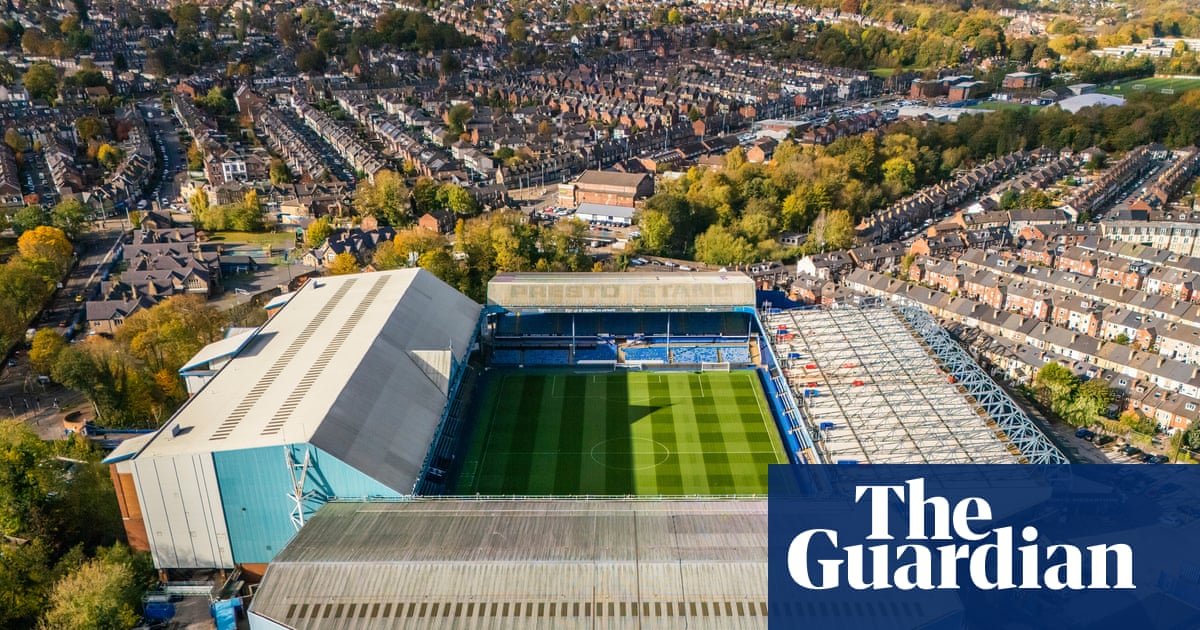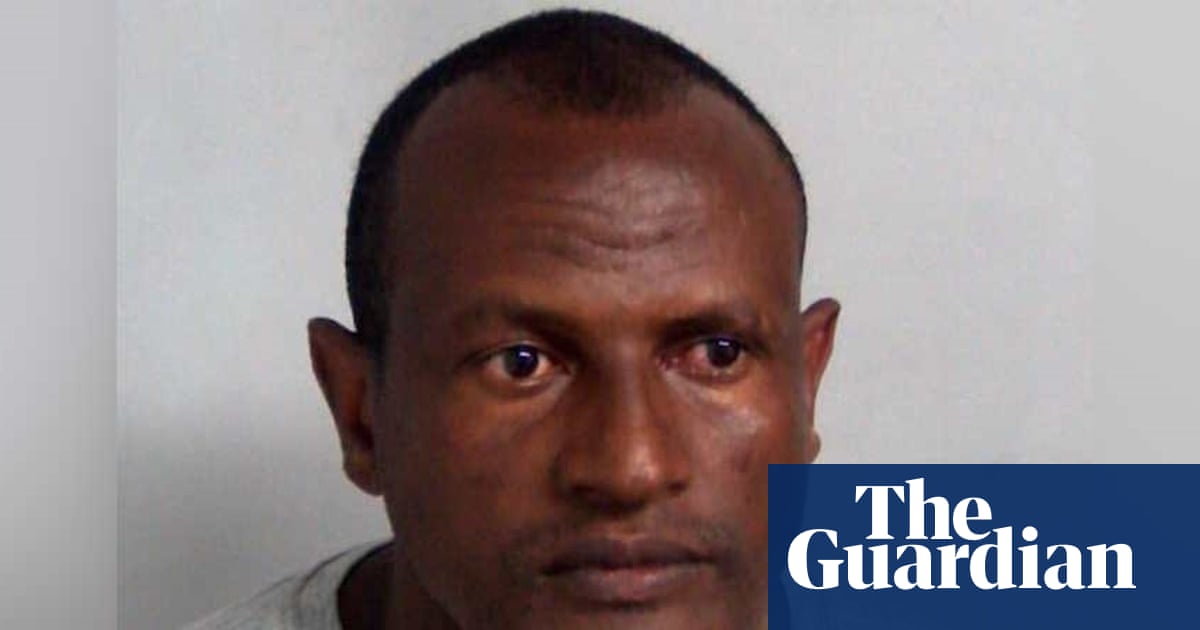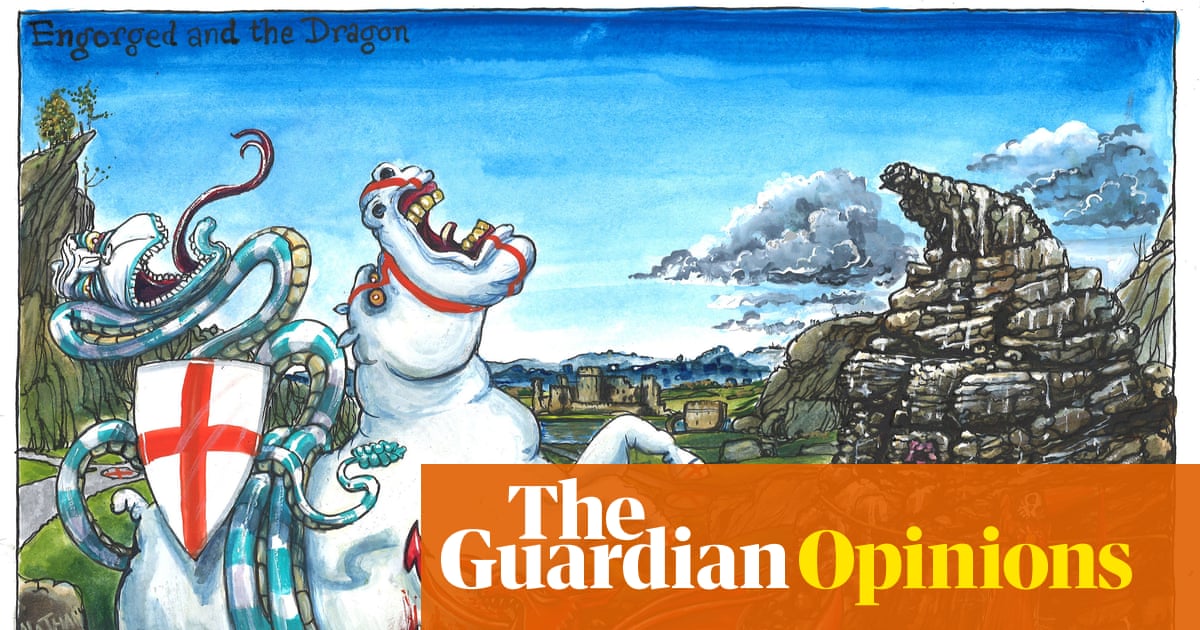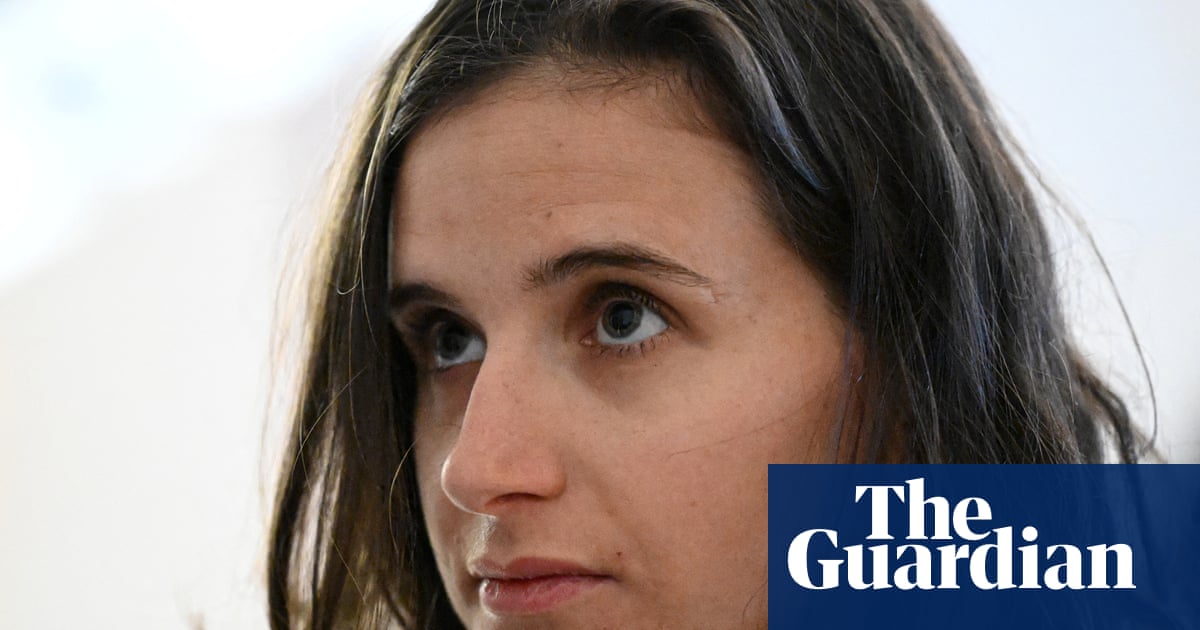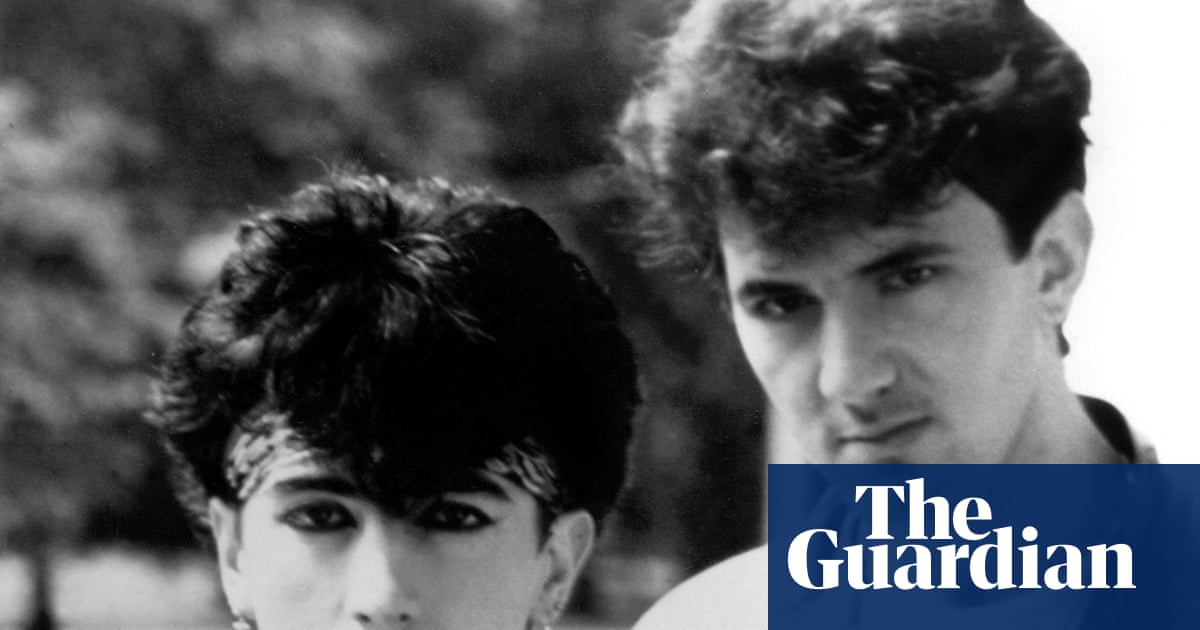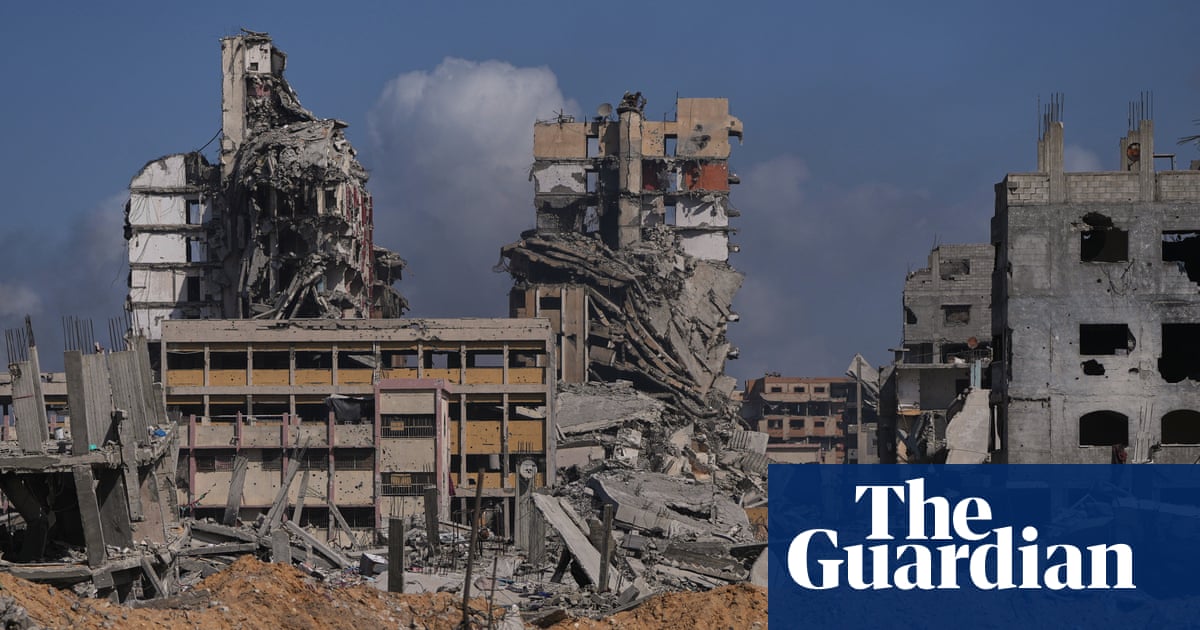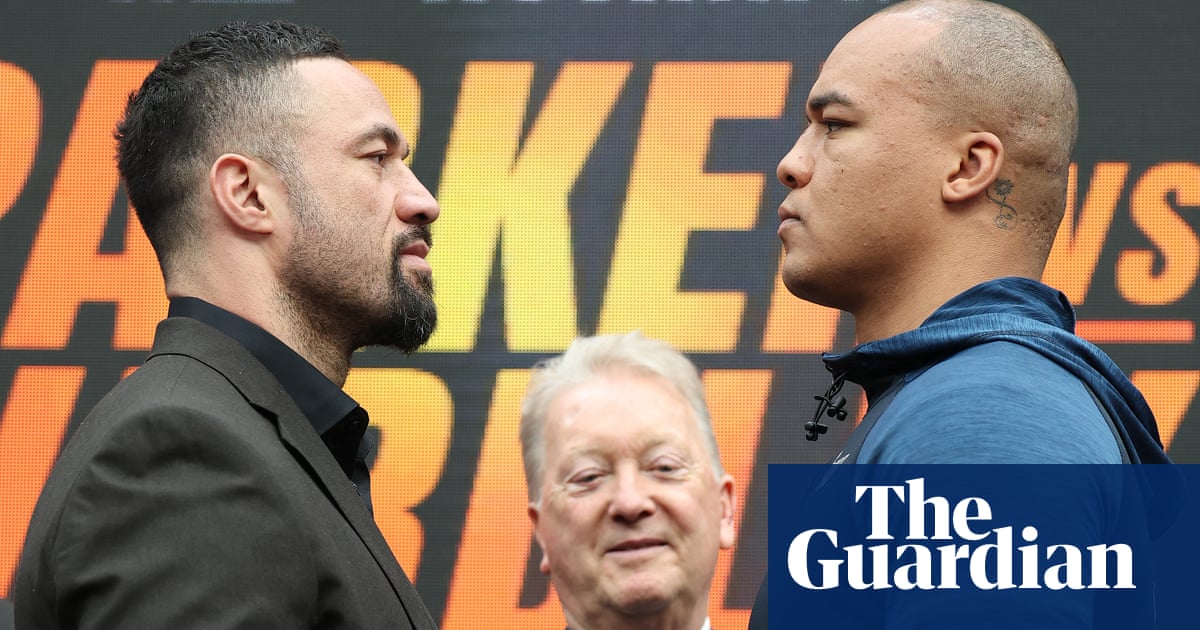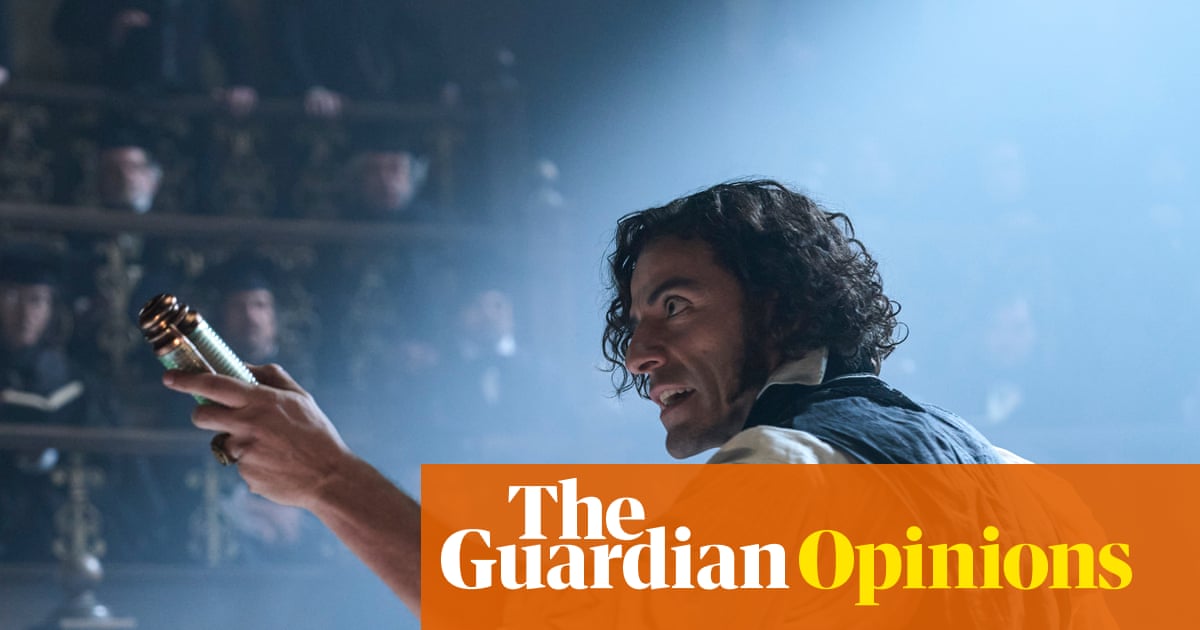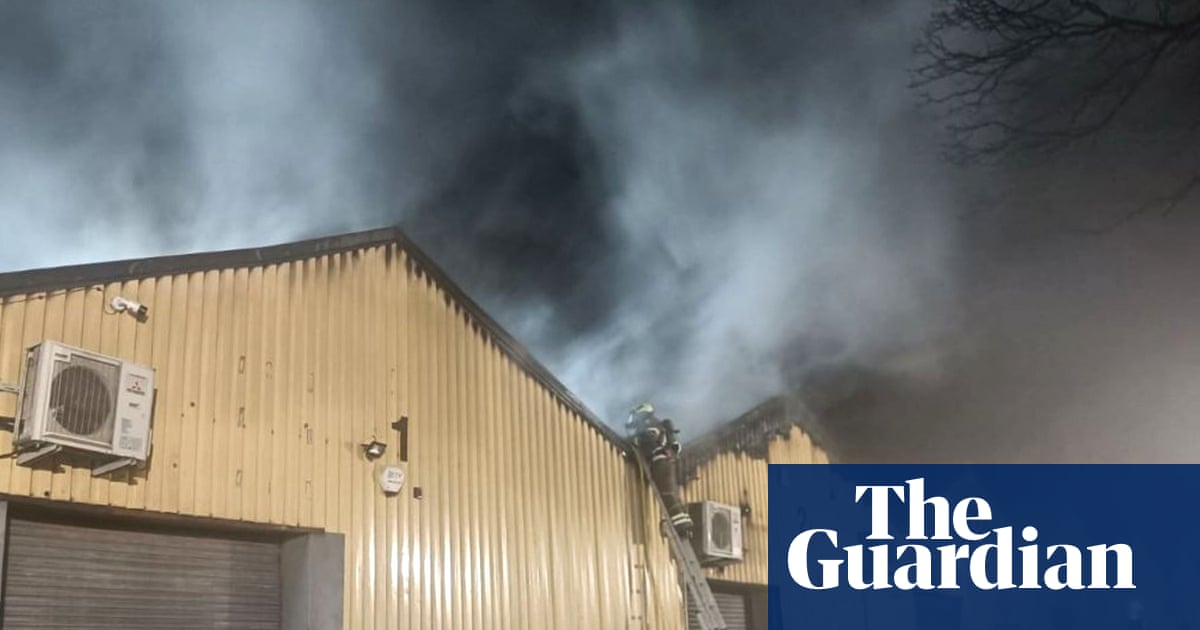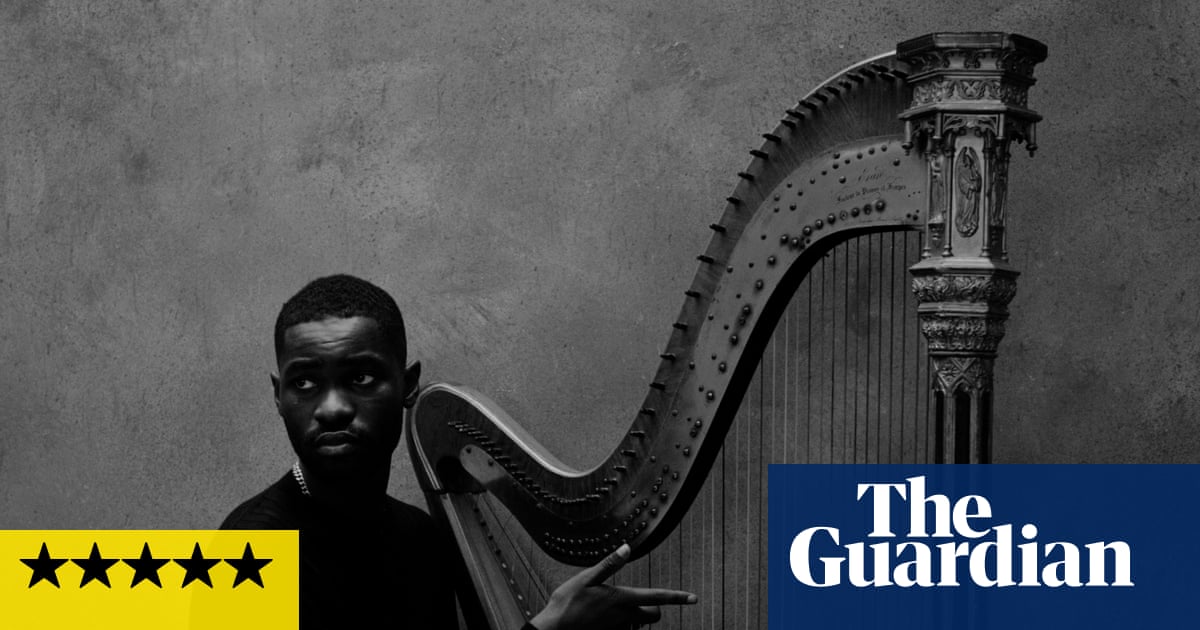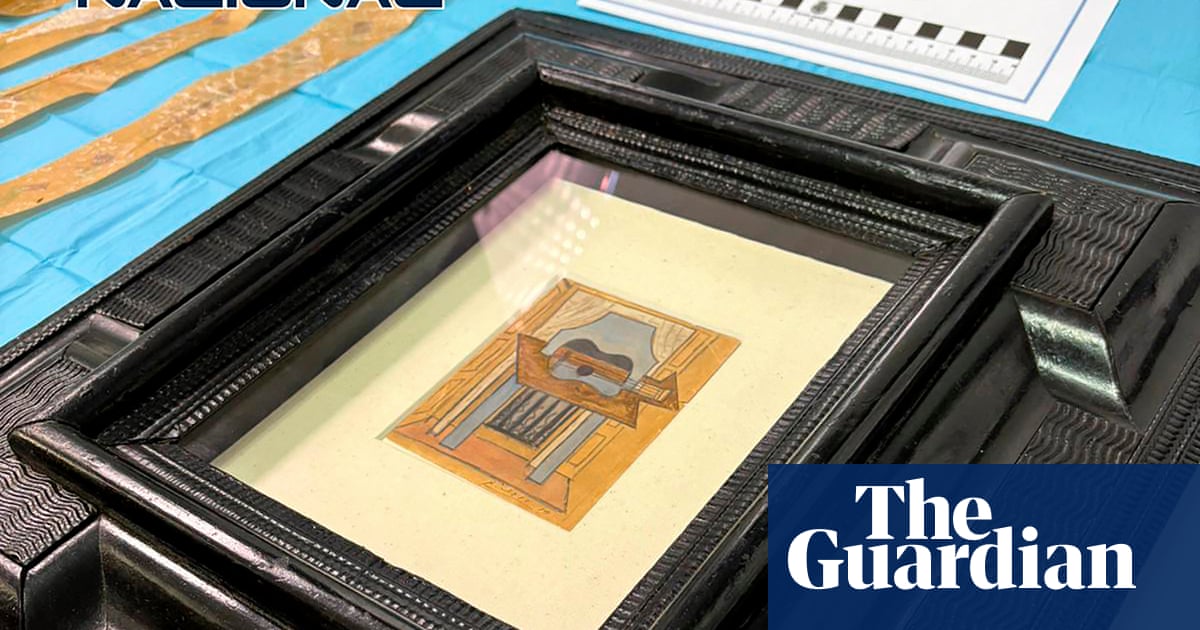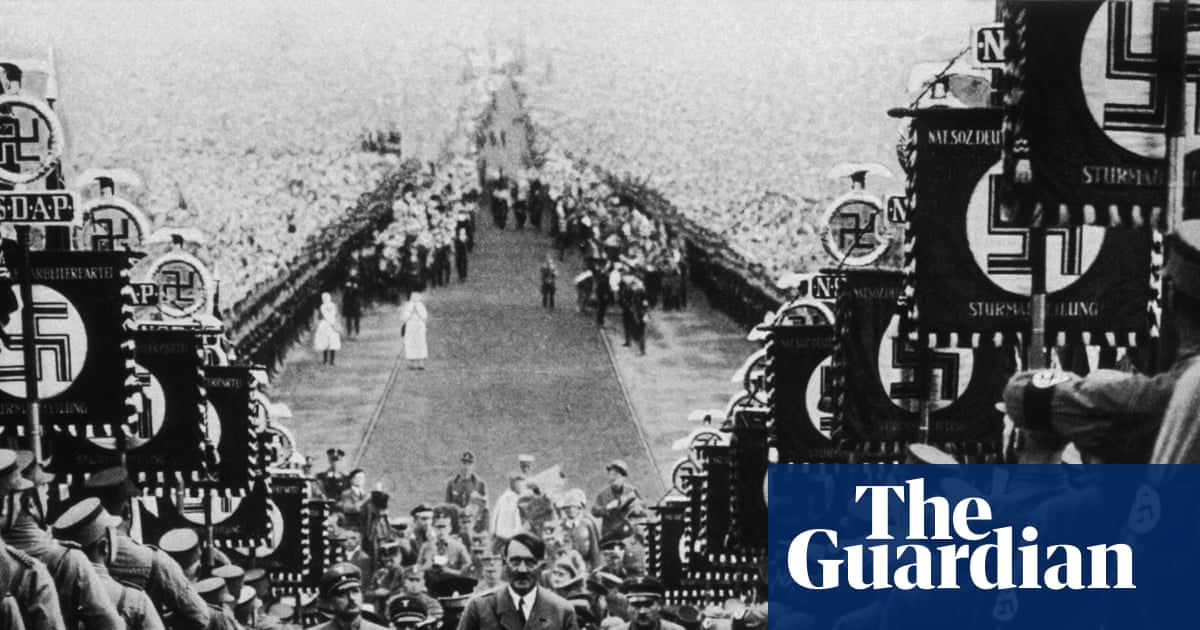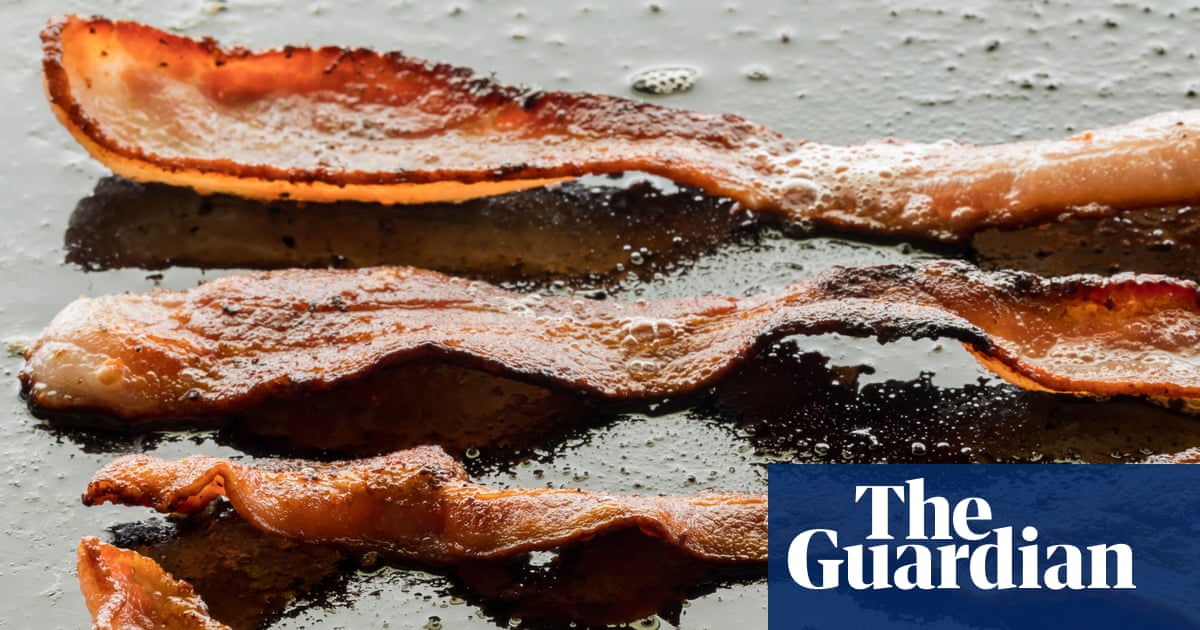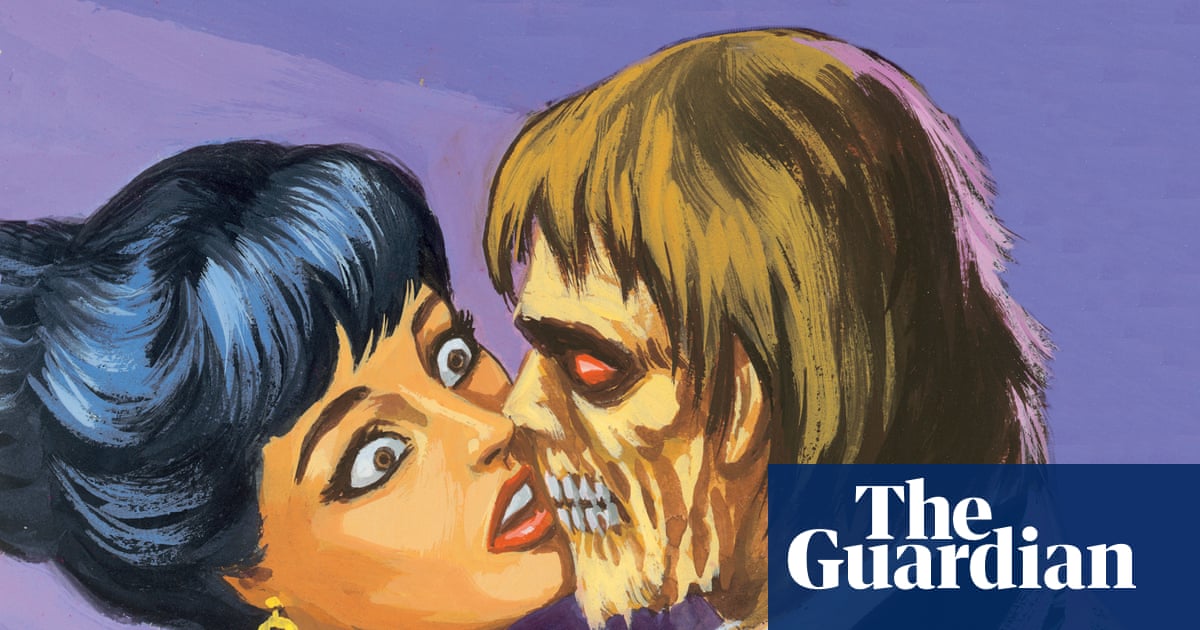Forgive me if I’ve mentioned him before, but at moments like this I remember a news editor I worked for as a young reporter at the BBC. When it came to the interests of our audience, he said, there was a key fact to bear in mind: “The two most boring words in the English language are ‘Northern Ireland’.”
It was an attitude with a long history. In 1924, Viscount Cranbourne, the fifth Marquess of Salisbury, mused that the average English voter has “little interest in, and less understanding of, Irish affairs”. This week brought some evidence that, 101 years later, much of his observation still holds true. But a challenge to it has come from an unlikely quarter, via what might be one of the most compelling TV dramas of recent years.
Start with that gap between Northern Ireland and the rest of the UK. On Thursday the verdict came down in the Bloody Sunday trial, where the judge – there was no jury – acquitted the British paratrooper known only as Soldier F on all charges, including two counts of murder and five of attempted murder.
The court did not dispute that British soldiers had opened fire on unarmed civilians during a civil rights protest in Derry on 30 January 1972, but the culpability of one individual for the crime of murder – a premeditated, intentional killing – could not be proved beyond a reasonable doubt. It didn’t help that much of the prosecution case had rested on the word of two of the accused’s fellow soldiers, who were “proven liars” in the words of the local, nationalist MP, nor that crucial evidence had gone missing. It meant that, even though the judge said that those responsible for the massacre of Bloody Sunday “should hang their heads in shame”, the evidence before him had signally failed “to reach the high standard of proof required in a criminal case”. The law demanded an acquittal.

For most UK-wide news organisations, this was a story of chiefly historic interest: it was the fourth item on the 10pm BBC news bulletin, just ahead of Tess and Claudia leaving Strictly. But you had only to dip into the coverage on BBC Radio Ulster as the news broke to realise the emotional intensity of this event in Northern Ireland. The talk there was of unhealed wounds, of trauma that lives on down the generations, and of a justice that would never come.
Most raw was the fury of the families of those killed on that long-ago day on the Bogside. They had applauded in 2010 when David Cameron greeted the findings of the 12-year long Saville inquiry into Bloody Sunday with a declaration that the killings were “unjustified and unjustifiable”, but they wanted more. They wanted those killings to be officially branded as murder. That was the vindication they had hoped this trial would deliver, and it had failed them.
They said that was because impunity had been built in from the start. The police did not investigate the killings when they happened; there had been a cosy, “tea-and-sandwiches” arrangement between the army and those who should have held them to account. Saville should have opened the door to perjury charges, at the very least; but even those had not materialised. For Aoife Moore, the niece of one of the dead, the verdict was a “kick in the teeth to the families … and we don’t have many teeth left to kick out.” It was of a piece with Bloody Sunday itself: confirmation of the British state’s disregard for nationalist lives.
Meanwhile, outside the court, supporters of Soldier F had also gathered, protesting against what they saw as the hounding of old men who had merely done what they were ordered to do. Unionist leaders railed against “two-tier justice”, which put a British squaddie on trial but has left so many IRA crimes unpunished. Others spoke of those bereaved by terrorism who have never received the bodies of their loved ones, killed decades earlier.
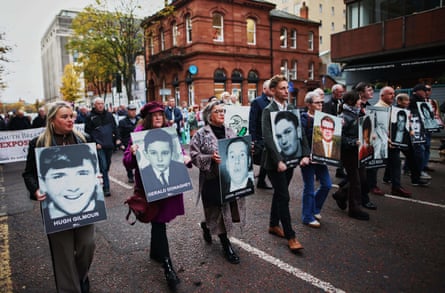
What was audible on Thursday was a kind of justice envy between and even within communities. Unionist families who feel their pain has been overlooked; other nationalist families who say that at least the dead of Bloody Sunday had their day in court, while their own dead have been all but forgotten.
The point is, in Northern Ireland none of this is in the past. It lives on in people’s day-to-day lives; it still demarcates the streets, it is still etched on faces. That small place, home to fewer than 2 million people, endured a vicious, often dirty civil war for 30 years that ended only three decades ago. Of course it lives on.
And yet, that simple fact is striking many Britons only now. Older Brits tuned it out at the time – remember my news editor – and many younger ones have been unaware of the shadow it continues to cast. What’s brought it into view, at long last, is an exceptionally good TV show.
after newsletter promotion
Blue Lights is not a documentary series on the Troubles, though there have been some excellent ones in recent years. It is a police drama, about rookie cops in a Belfast station. It only takes a few episodes for the viewer to become attached to the likes of Gerry, playing country music in his patrol car, Stevie, savouring his home-cooked snacks, or former social worker Grace, who believes human empathy is not a liability for a police officer but an asset. And there are moments of tension that will have you holding your breath.
But what sets Blue Lights apart is the permanent, lingering presence of the Northern Irish past. The old republican and loyalist factions have morphed now into criminal gangs, these days supplying drugs rather than slogans (though the guns remain). Police officers still have to look under their cars for bombs; agents of the British state, some old enough to have fought the old war, still look to recruit “touts” who will inform on their supposed comrades.
One storyline tells of “Happy” Kelly, a lonely, middle-aged man who actively wants to get arrested. At first glance, he seems to be one of the many people with a mental illness who the response officers somehow have to manage. Slowly, we learn that, as a boy back in the early 1970s, Happy had witnessed the loyalist bombing of a chip shop in which both his father and brother were killed. He blames himself, because it had been his idea to get chips. The agony of it has never left him; it has shaped his life. Eventually, he and we learn that it is not only the men who planted the bomb who bear responsibility for that terrible crime.
All of this is woven in among the break-ins and road traffic accidents that make up daily police work. But through it, British TV audiences are discovering what they either didn’t know or had never really confronted: that part of the UK has a murderous war in its collective, living and recent memory. The people of Northern Ireland are still wrestling with the ghosts of what were so understatedly called the Troubles. For them the tension between justice and peace – the sacrifice of one so often the price of the other – is a living, ever-present reality. The least the rest of us can do is listen – and watch.
-
Jonathan Freedland is a Guardian columnist

.png) 3 hours ago
4
3 hours ago
4
